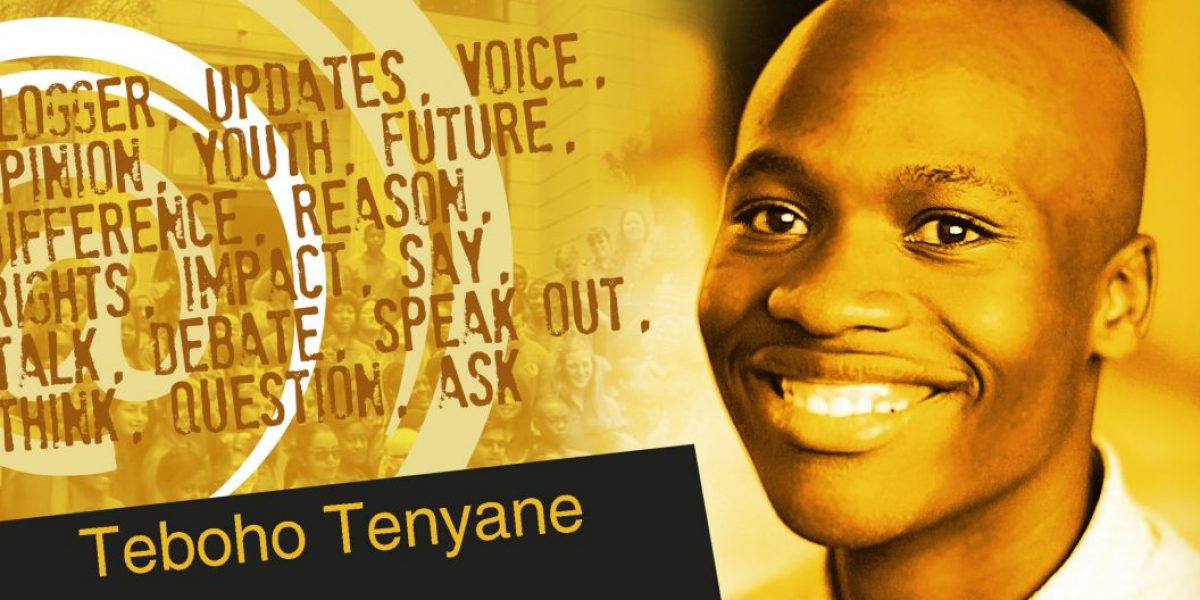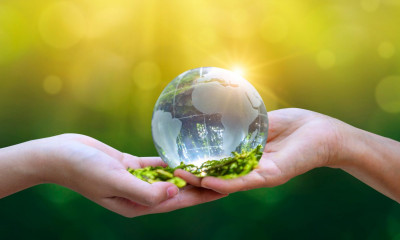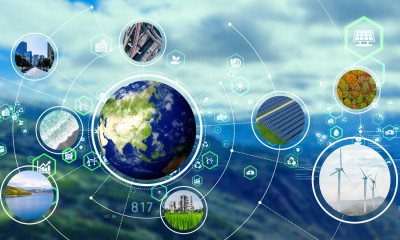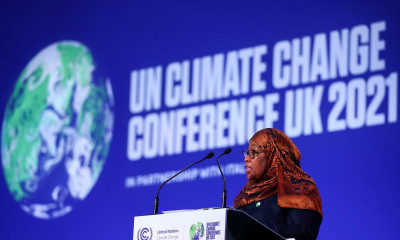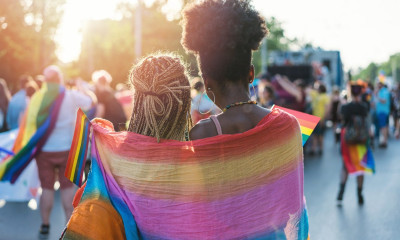Coming from a public school in Soweto, the only world we knew was the school. We didn’t have any exposure to the outside world and while some opportunities we were given, such as programmes for job preparedness, we didn’t really understand what true education was.
Goal 2 of the Millennium Development Goals (MDGs) focused on achieving universal primary education, and it is important for our government, civil society and the private sector to really address the issues we face in our educational system. While Goal 2 of the MDGs was important, it had no clear indicators of what it really intended to do, other than just enroll learners.
While our government has achieved some success in improving education, there is a lot more they could have done if they had not only focused on the number of enrolments, but rather on the quality of enrolments.
At my school in Orlando West, teachers struggled to cope with curriculum changes and delivering quality education. The number of enrolled learners was used to show their progress on achieving Goal 2 of the MDGs, but no consideration was given to the quality of education. With the creation of the Sustainable Development Goals (SDGs), I am hoping we now get a chance to address this.
Watch a 90-second video with Teboho Tenyane on the SDGs
Goal 4: Ensure inclusive and quality education for all and promote lifelong learning.
One of the targets linked to this Goal is:
Target 4.1: By 2030, ensure that all girls and boys complete free, equitable and quality primary and secondary education leading to relevant and effective learning outcomes
A major step in the right direction is that Goal 4 takes into account both primary and secondary education, but it must also set realistic and time-bound targets that can be implemented locally. Another important development is that this goal also focuses on empowering teachers with the necessary skills to deliver quality education, and upgrading and building infrastructure to make the learning and teaching process more efficient.
My hope is that the SDGs will address what the MDGs failed to achieve: quality and comprehensive education world-wide. What we can really learn from the MDGs is that when setting global goals, they need to be followed up with realistic measures and indictors as to how that goals are achieved and realised. The MDGs helped lay the foundation for the SDGs, which must now also include accountability measures that stress that responsibility for the implementation of the goals should lie not only with government, but also with civil society and even with the private sector all working together.
Youth play an important role in this process. Young people represent the largest sector of the population with over 1.8 billion young people between the ages of 10-24. Children and youth need to be involved in the processes of consultation and implementation, because they will soon become the generation responsible for inheriting the world.
To implement these goals, we also need to work with and support other African countries and ensure that the SDGs relate to national development plans. Financial assistance needs to come from the developed world to support these initiatives and ensure the implementation of the SDGs. Institutions such as the High-Level Political Forum need to ensure that all countries are accountable for their actions.
Nelson Mandela once said ‘education is the most powerful weapon which we can use to change the world.’ Education is the cornerstone for changing the world and the SDGs can the first brick in laying the foundation for universal quality education.

